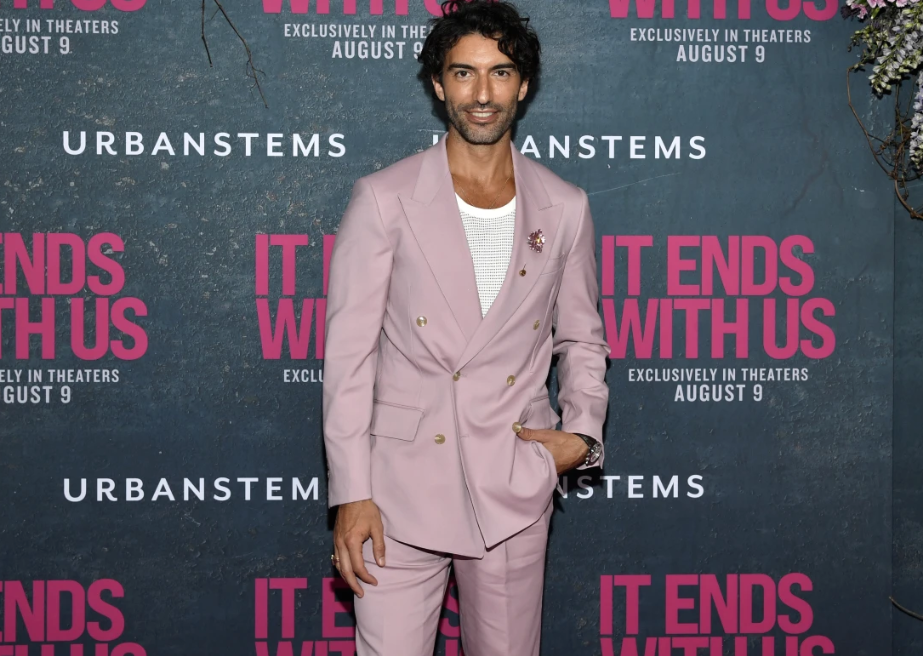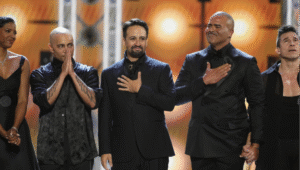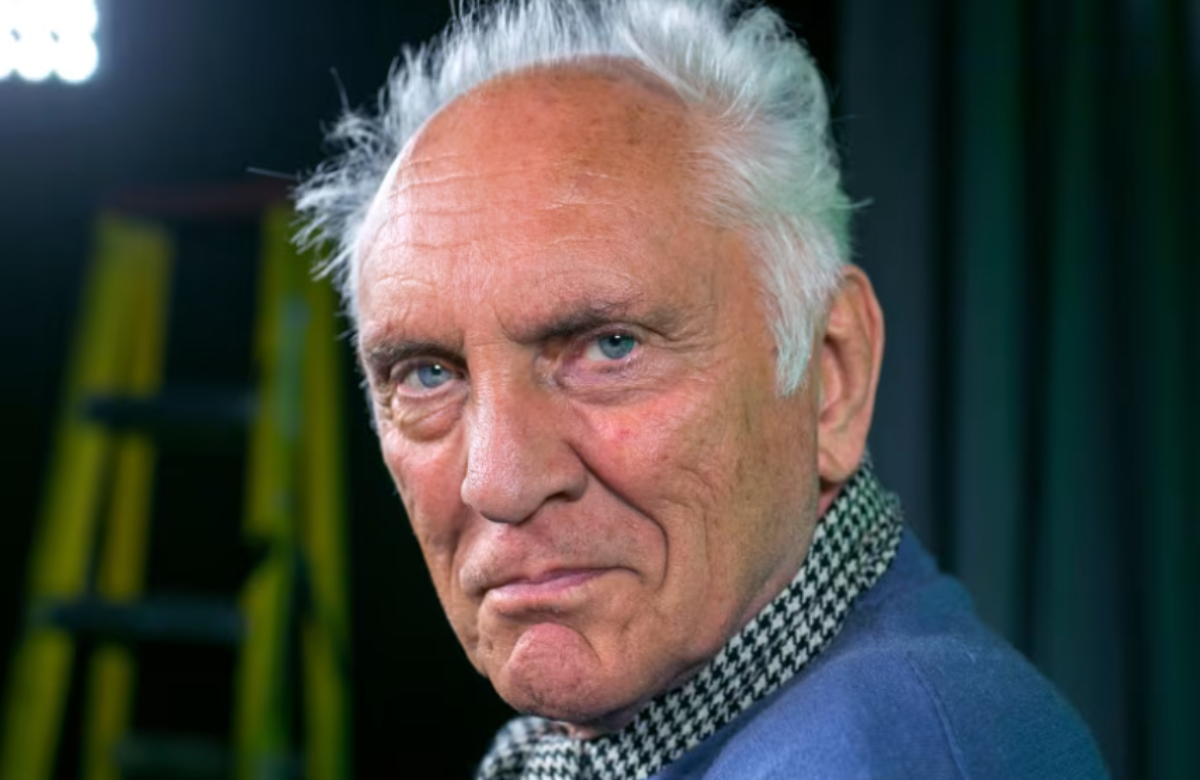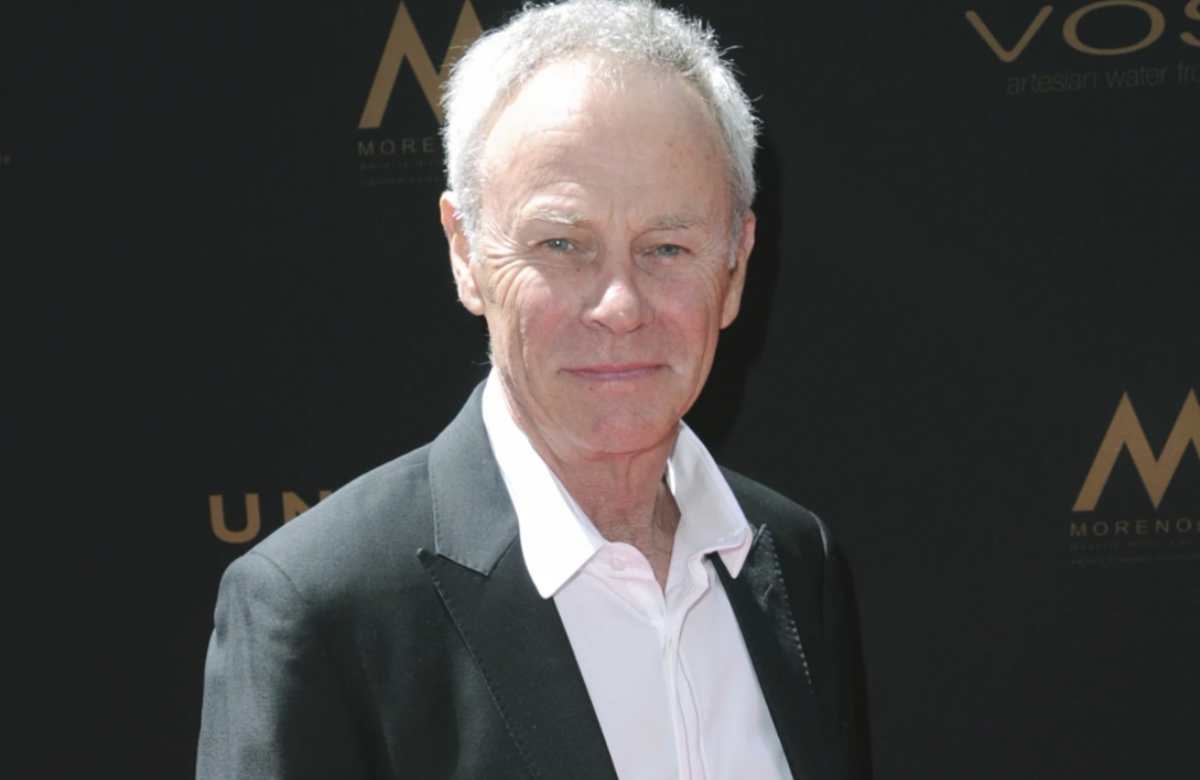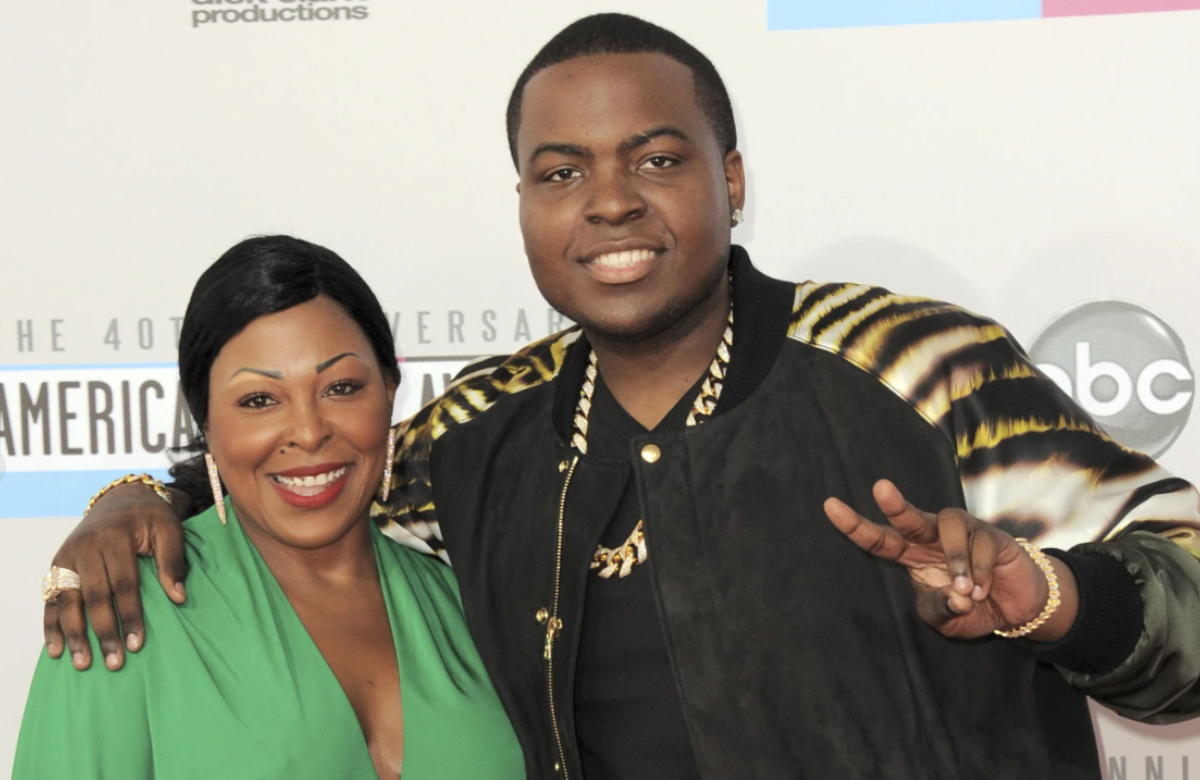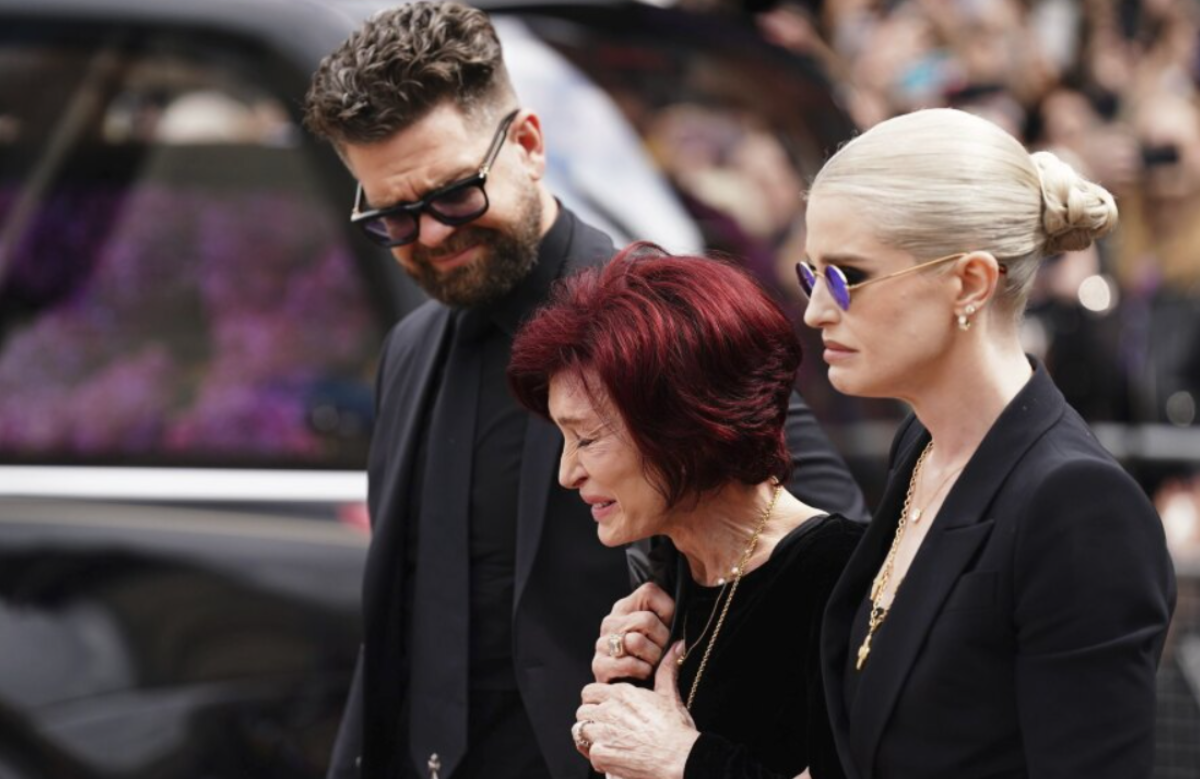Justin Baldoni has responded to allegations of sexual harassment made by his co-star Blake Lively, filing a libel lawsuit against The New York Times on Tuesday. Baldoni claims that the newspaper’s article was filled with inaccuracies, misrepresentations, and omissions, and that it relied on Lively’s “self-serving narrative.”
In December, Lively filed a complaint with the California Civil Rights Department, accusing Baldoni of sexual harassment and retaliation. According to Lively’s complaint, after she raised concerns about harassment on the set of their film It Ends With Us, Baldoni and his team retaliated by leaking damaging information to the press in an attempt to harm her professional reputation.
The New York Times reported on Lively’s complaint in an article published on December 21 titled, “‘We Can Bury Anyone’: Inside a Hollywood Smear Machine.” The article, which detailed the contents of Lively’s complaint, included confidential information from the Civil Rights Department.
Following the article’s publication, Baldoni was dropped by his talent agency, WME, which also represents Lively and her husband, Ryan Reynolds. Lively received widespread support, with the actors’ union, SAG-AFTRA, issuing a statement in her favor. Sony, the studio behind It Ends With Us, also expressed support for Lively.
In his lawsuit, Baldoni accuses Lively of fabricating the sexual harassment claims to take control of the film production and to improve her public image. He argues that Lively used the allegations as a strategic maneuver to deflect from her own mistakes and reshape her public persona. Baldoni’s lawsuit describes Lively’s actions as manipulative and claims that she used the allegations as a tool to gain unilateral control over the production.
The lawsuit claims that The New York Times compromised its “journalistic integrity” by failing to properly verify Blake Lively’s sexual harassment and retaliation allegations. Baldoni argues that the paper heavily relied on Lively’s unverified, self-serving narrative, reproducing it almost word-for-word while ignoring substantial evidence that contradicted her claims and revealed her true intentions.
In response, a spokesperson for The New York Times stated that the publication plans to “vigorously defend against the lawsuit.” They emphasized that the article was thoroughly researched and based on a detailed review of thousands of original documents, including emails and text messages, which were quoted accurately. The spokesperson added that Baldoni, Wayfarer Studios, and their representatives had not pointed to any factual errors, and the full statement from the accused parties was published in the article.
Lively’s attorneys maintained that the lawsuit does not alter her allegations, adding that they were proceeding with a federal complaint against Baldoni and his Wayfarer production company, following her initial complaint with the California Civil Rights Department. They expressed confidence in addressing all of Wayfarer’s claims in court.
Baldoni’s lawsuit was filed by attorney Bryan Freedman in Los Angeles Superior Court on behalf of 10 plaintiffs, including Baldoni, Wayfarer Studios, his producing partner Jamey Heath (who was also accused of sexual harassment by Lively), and his publicist and crisis managers, Jennifer Abel and Melissa Nathan.
Justin Baldoni co-starred with Blake Lively and directed It Ends With Us, a film based on the novel of the same name, which explores domestic violence in a relationship. Wayfarer Studios acquired the rights to the book and produced the film, which became a box-office success.
In her complaint, Lively included screenshots of text messages and other correspondence that she claimed showed Baldoni’s PR team attempting to damage her reputation in the media as part of a “social manipulation campaign.”
Baldoni’s lawsuit, filed by attorney Bryan Freedman, includes numerous text messages which he claims prove that the messages published in Lively’s original complaint were “doctored and manipulated.” He asserts that The New York Times intentionally omitted messages that would contradict Lively’s narrative. Baldoni’s lawsuit states, “If the Times truly reviewed the thousands of private communications it claimed to have obtained, its reporters would have seen incontrovertible evidence that it was Lively, not Plaintiffs, who engaged in a calculated smear campaign.”
One of the most serious allegations in Lively’s complaint was that Baldoni and his producing partner, Jamey Heath, entered her makeup trailer uninvited while she was undressed, including when she was breastfeeding. In response, Baldoni’s lawsuit presents a text message from Lively to Baldoni saying, “I’m just pumping in my trailer if you wanna work out our lines.”
Further controversy arose after Lively’s complaint, with both sides accusing each other of leaking private text messages. Baldoni’s former publicist, Stephanie Jones, filed a lawsuit claiming that these texts came from the phone of Jennifer Abel, Baldoni’s current publicist, who was also accused by Lively of being involved in the alleged smear campaign.
Baldoni, Heath, Abel, Nathan, and Wayfarer Studios all denied Lively’s claims and suggested that Lively was the one leaking negative press about Baldoni. Baldoni’s attorney, Bryan Freedman, called Lively’s allegations “completely false, outrageous, and intentionally salacious,” aimed at damaging Baldoni’s public image.
Freedman later argued that Lively, her team, and The New York Times were engaged in a “vicious smear campaign,” manipulating the media to improve Lively’s image by rehashing a narrative that benefitted her at Baldoni’s expense. He further stated, “While their side embraces partial truths, we embrace the full truth,” adding that they had all the communications to support their claims.
